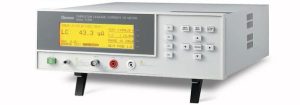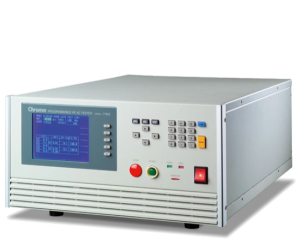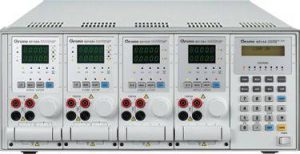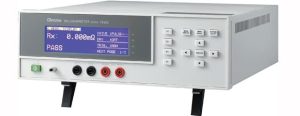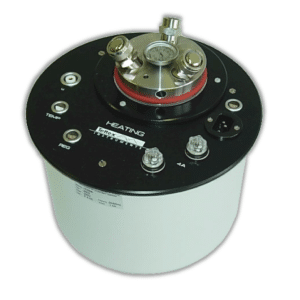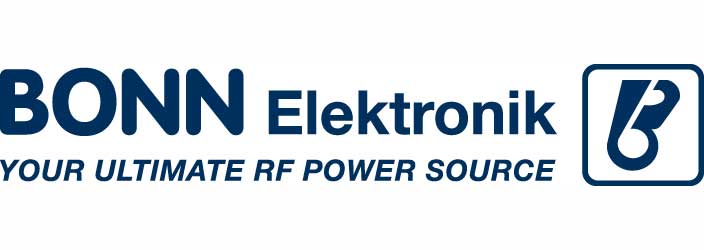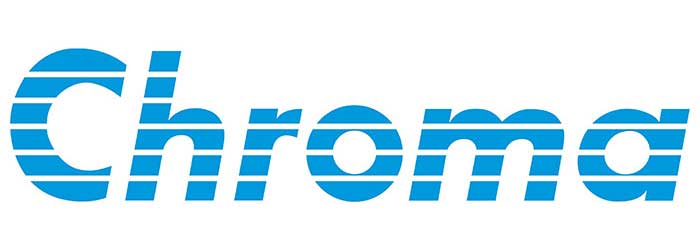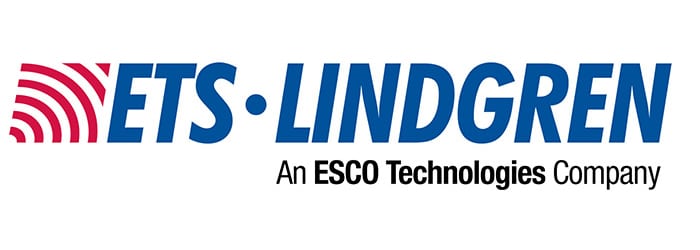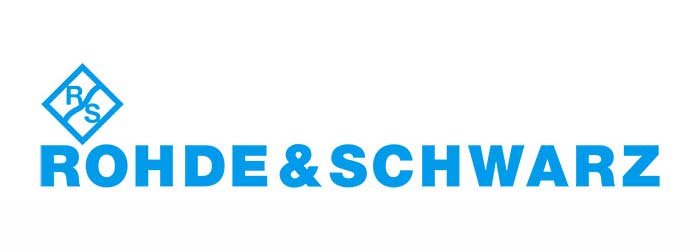2903 Test Cell for Liquid Insulants
The precision test cell type 2903 measures the dielectric properties of liquid insulants such as insulating oil, it determines the dissipation factor tan d and the relative permittivity (dielectric constant) r as well as the specific resistivity. The test cell has been designed as a cylindrical capacitor with a shielded measuring electrode (guard ring capacitor) & thus avoids partial capacitances, which might influence the test results.
The test cell’s design is in accordance with the specifications of IEC, ISO, and ASTM standards (USA).
The complete test cell type 2903 consists of the actual test cell type 2903a as well as the heating pot 2903h with built-in heating. The test cell 2903a consists of a cylindrical container (high-voltage electrode) with a shielded measuring electrode inside. The cell is vacuum-sealed by an O-ring. The measuring cell head includes a socket for the measuring electrode, two vacuum connections and analog thermometer. The heating pot 2903h consists of the heating system, two temperature sensors, one thermometer for optical temperature indication and an additional heating stick. To conduct measurements the test cell is inserted into the pot. The sockets for high voltage, the temperature controller and the temperature measuring bridge are mounted on the pot’s top panel made of insulation material.
For most efficient dielectric measurement, the test cell is combined with a Tettex measuring bridge (type 2830) and a power supply with temperature regulator (type 2831). A test cell for solid insulating material is also available (type 2914).
-
Advantages
- High precision measurements of samples with low tan d.
- Wider dynamic measurement ranges.
- Possible to evacuate the cell and degas the insulating oil.
- Ready for automatic sequences.
- For optical control.
- Guaranteed reproducible test results.
- Capacitance, tan d (dissipation /power factor) and relative permittivity measurements on liquid insulating materials.
- Mineral oil, natural oil or synthetic oil.
- Non-conventional liquid samples with high viscosity.
- Research & Development in industry and university
Applications:


